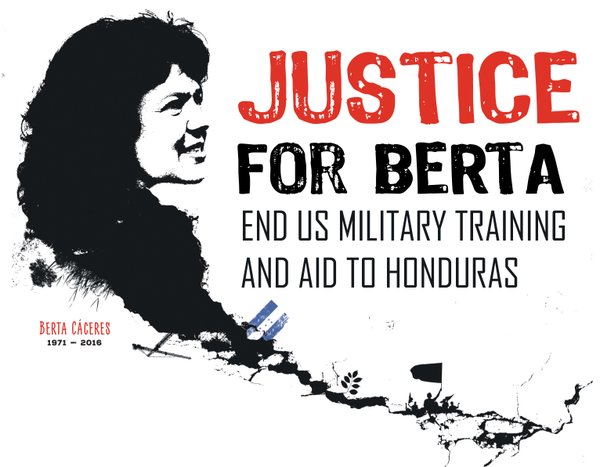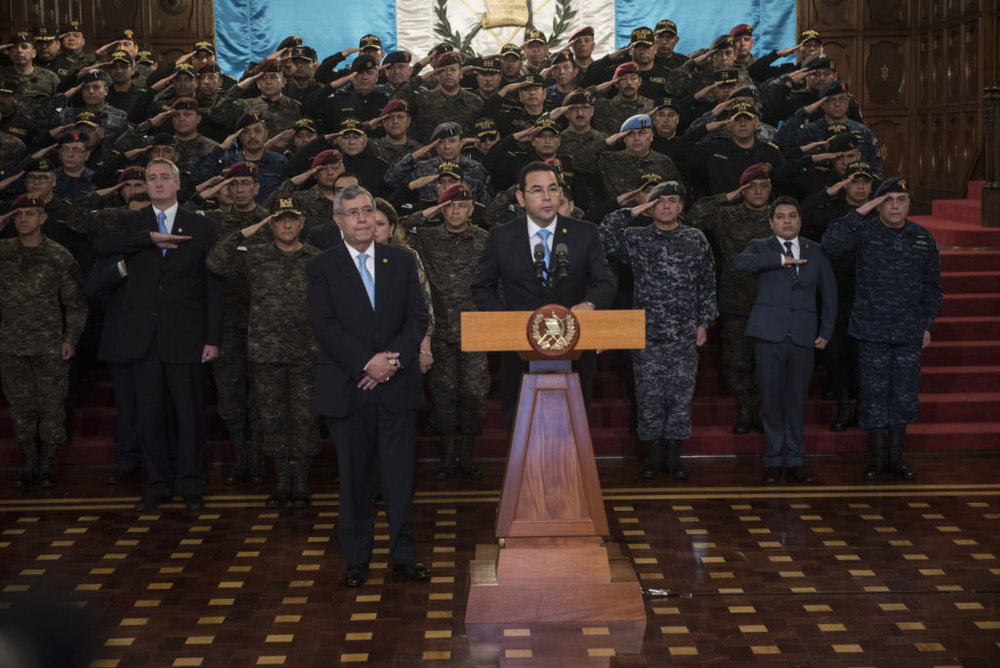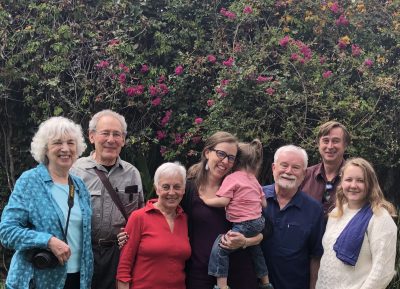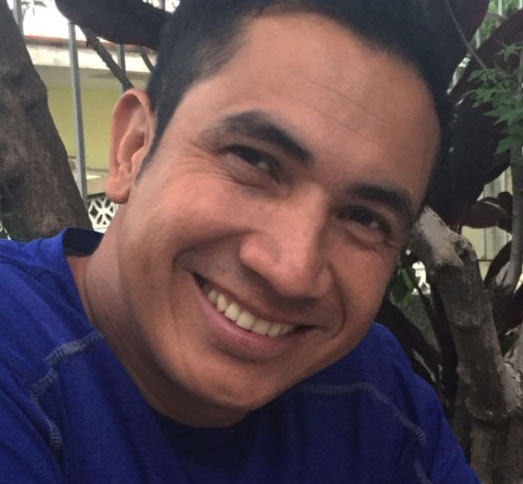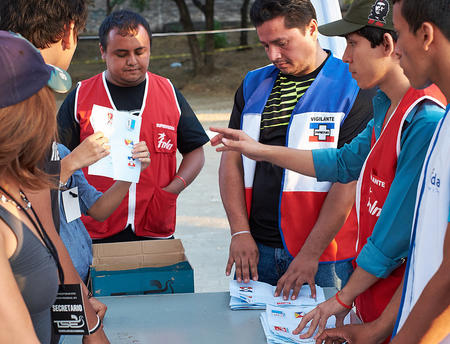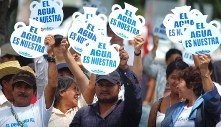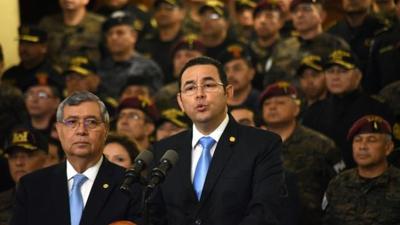In 2019, CRLN supports the following Latin America- and immigration-related bills, all of which are still in Committee. Has your member of the U.S. Congress from Illinois introduced or co-sponsored any of them? If not, call your Senators or Representative and ask them to co-sponsor. You can be connected to their office by calling the Capitol Switchboard at 1-202-224-3121.
Check out the chart below for your member of Congress’ name and current record:
U.S. SENATORS FROM ILLINOIS ON CENTRAL AMERICA AND IMMIGRATION
|
Senator – political party |
S.428 Freedom to Export to Cuba Act of 2019
|
S.716 Guatemala Rule of Law Accountability Act |
S.874 DREAM Act of 2019 |
no bill number yet
SECURE Act |
S.80 John S. McCain III Human Rights Commission |
| Sen. Richard Durbin – D
|
Co-sponsor | Introduced | Co-sponsor | ||
| Tammy Duckworth – D
|
S.428 – Freedom to Export to Cuba Act of 2019: To lift the trade embargo against Cuba.
S.716 – Guatemala Rule of Law Accountability Act: To impose sanctions under the Global Magnitsky Human Rights Accountability Act to combat corruption, money laundering, and impunity in Guatemala, and for other purposes. The bill was proposed in response to President Jimmy Morales’ expulsion of the International Commission Against Impunity in Guatemala and to the charges of corruption against him and other government officials.
S.874 – DREAM Act of 2019: With some conditions, this bill would give lawful permanent residency to any immigrant who entered the U.S. before turning 18, who has had continuous physical presence in the U.S. for 4 years, is law-abiding, and is enrolled in high school or higher education or already has been granted DACA status.
SECURE Act of 2019: Would provide a pathway for people from countries granted Temporary Protected Status (in Latin America, that would be people from El Salvador, Honduras, and Nicaragua), who have been ordered by the current administration to leave the U.S. by specific dates, to apply for lawful permanent residency.
S.80: To create the John S. McCain III Human Rights Commission in the Senate, a counterpart to the Tom Lantos Human Rights Commission in the House, to serve as a bipartisan forum for discussion and promotion of human rights and awareness of human rights violations.
U.S. REPRESENTATIVES FROM ILLINOIS ON LATIN AMERICA AND IMMIGRATION
|
Representative |
Party |
H.R. 1945 Berta Cáceres Human Rights in Honduras Act
|
H.R. 1630 Guatemala Rule of Law Accountability Act |
H.R. 6 American Dream and Promise Act |
H.R. 1898 Cuba Agricultural Exports Act
|
|
| Rep. Bobby Rush (IL-01)
|
D |
Co-sponsor |
Co-sponsor |
Co-sponsor |
reviewing |
|
| Rep. Robin Kelly (IL-02) |
D |
Co-sponsor |
||||
| Rep. Daniel Lipinski (IL-03) |
D |
Co-sponsor |
Co-sponsor |
|||
| Rep. Jesus “Chuy” Garcia (IL-04- new member of Congress)
|
D |
Co-sponsor |
Co-sponsor |
|||
| Rep. Mike Quigley (IL-05) |
D |
Co-sponsor |
Co-sponsor |
|||
| Rep. Sean Casten (IL-06 – new member of Congress)
|
D |
Co-sponsor |
– |
|||
| Rep. Danny Davis (IL-7)
|
D |
Co-sponsor |
Co-sponsor |
|||
| Rep. Raja Krishnamoorthi (IL-08)
|
D |
reviewing |
reviewing | Co-sponsor |
reviewing |
|
| Rep. Jan Schakowsky (IL-09)
|
D |
Co-sponsor |
Co-sponsor | Co-sponsor |
|
|
| Rep. Bradley Schneider (IL-10)
|
D |
Co-sponsor |
||||
| Rep. Bill Foster (IL-11)
|
D |
Co-sponsor |
Co-sponsor |
|||
| Rep. Mike Bost (IL-12)
|
R | |||||
| Rep. Rodney Davis (IL-13)
|
R | |||||
| Rep. Lauren Underwood (IL-14- new member of Congress)
|
D |
Co-sponsor |
||||
| Rep. John Shimkus (IL-15) | R | |||||
| Rep. Adam Kinzinger (IL-16)
|
R | |||||
| Rep. Cheri Bustos (IL-17)
|
D |
Co-sponsor |
Co-sponsor |
|||
| Rep. Darin LaHood (IL-18)
|
R |
H.R. 1945 – Berta Cáceres Human Rights in Honduras Act: prohibits funds from being made available to Honduras for the police or military (including for equipment and training) and directs the Department of the Treasury to instruct U.S. representatives at multilateral development banks to vote against any loans for the police or military of Honduras until the Department of State certifies that the government of Honduras has ended impunity, protects human rights defenders, and taken the military out of domestic policing.
H.R. 1630 – Guatemala Rule of Law Accountability Act. Companion bill to S.716 to impose sanctions under the Global Magnitsky Human Rights Accountability Act to combat corruption, money laundering, and impunity in Guatemala, and for other purposes. The bill was proposed in response to President Jimmy Morales’ expulsion of the International Commission Against Impunity in Guatemala and to the charges of corruption against him and other government officials.
H.R. 6 – American Dream and Promise Act: Companion bill to S.874 and SECURE Act of 2019 to provide a pathway to lawful permanent residency for those currently covered by DACA or other immigrants who were brought here as children who meet the DACA requirements AND those for who had Temporary Protected Status as of a certain date.
H.R. 1898 – Cuba Agricultural Exports Act: would modify the prohibition on United States assistance and financing for agricultural exports to Cuba.


